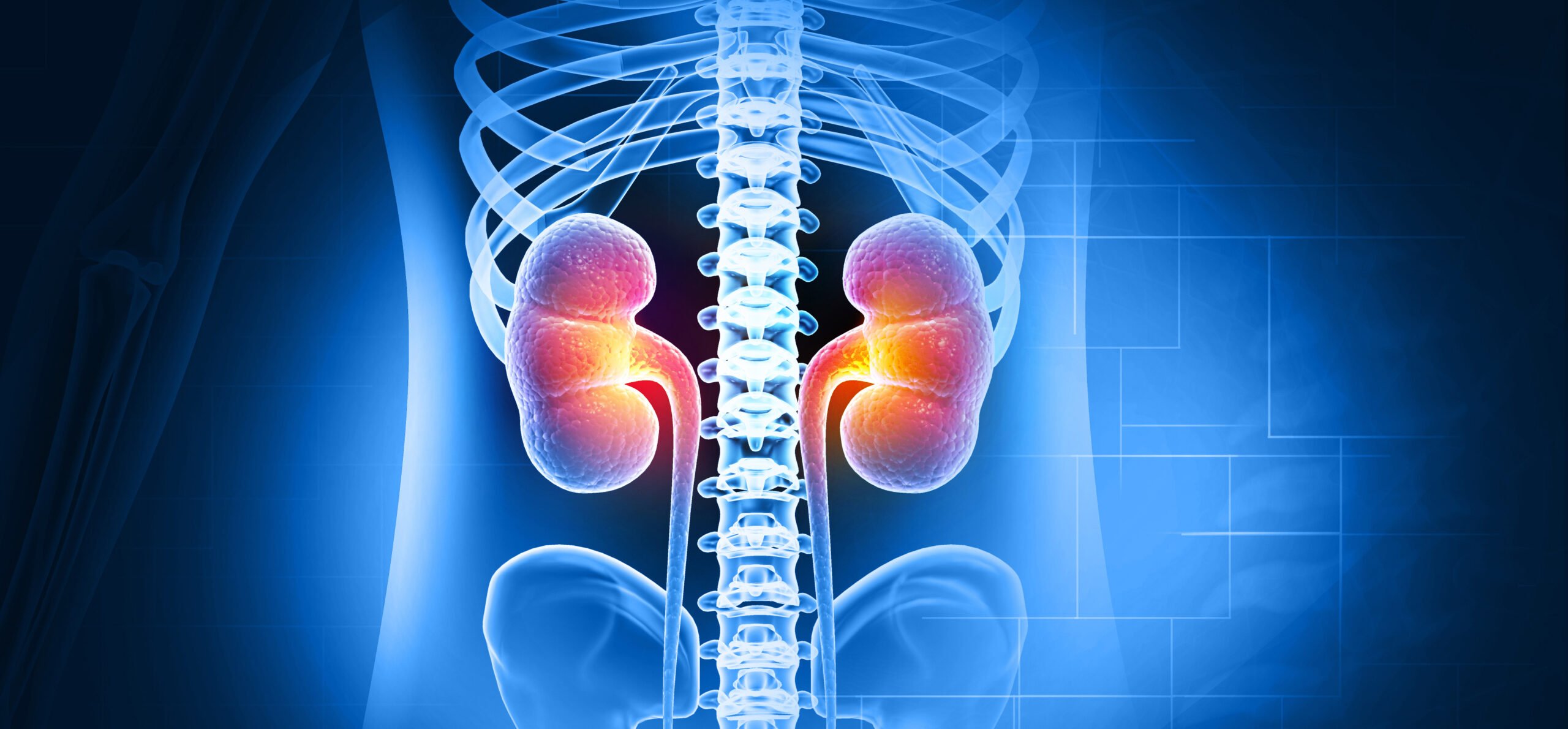Drug treatment of irritable bowel syndrome focuses on symptom relief. In this context, peppermint oil has proven to be an effective and well-tolerated therapeutic option. This has been demonstrated in numerous placebo-controlled studies and meta-analyses. In a recent network meta-analysis, an international research team performed an indirect comparison of the therapeutic benefits of different compounds. The study was published in The Lancet Gastroenterology and Hepatology.
Gastrointestinal complaints are a frequent cause for medical consultation and are often very stressful for those affected. If no organic cause can be determined, one speaks of functional gastrointestinal disorders. This includes irritable bowel syndrome (IBS) – according to the Gastrointestinal League of Switzerland, 10-15% of the adult population is affected [1]. Typical symptoms such as cramping abdominal pain, flatulence, diarrhea or constipation can severely impair quality of life and performance. To date, the exact causes of IBS have not been fully elucidated. A multifactorial interaction structure is assumed and a multimodal therapy approach is recommended.
Symptom-oriented treatment
Drug treatment of IBS is symptom-oriented, individualized, and time-limited. The primary goal of therapy is to alleviate symptoms and thus improve the quality of life. Based on ample evidence from placebo-controlled trials, phytotherapeutics are now recommended as a treatment option by national and international guidelines [2–4]. The evidence base on this phytotherapeutic is considerable. For example, a meta-analysis with data from five randomized placebo-controlled trials demonstrated an improvement in irritable bowel symptoms with the use of peppermint oil [5].
Gaining knowledge through systematic comparative studies
In addition to peppermint oil, psyllium husks, antispasmodic substances, and modulators of the gut-brain axis (including tricyclic antidepressants, selective serotonin reuptake inhibitors, or alpha2-delta ligands) are among the active ingredients frequently used in everyday practice. Because there are numerous placebo comparisons but few head-to-head studies on these agents, a research group involving St. James’s University Hospital, Leeds (UK), and McMaster University, Hamilton (CA), conducted a network meta-analysis (NMA) to determine an indirect comparison [6].
Peppermint oil performs well in indirect comparison
The researchers included a total of 40 RCTs with data from 3793 subjects in their analyses [6]. 2016 of subjects (53%) had been randomized to an active treatment arm. Statistical heterogeneity was calculated as a measure of variation among the different primary studies included. This proved to be moderate (I2 = 60.5%)*.
* I2 corresponds to a value between 0% and 100% and is classified as follows: low heterogeneity = 25-49%, moderate heterogeneity: 50-74%, high heterogeneity ≥75%. [13,14]
Both peppermint oil and tricyclic antidepressants and antispasmodics showed greater efficacy than placebo in improving both general IBS symptoms and abdominal pain after a treatment period of 4-12 weeks. The relative risk of failure of efficacy in global relief of IBS symptoms (“failure of improvement in global symptoms”) during this period was lowest for peppermint oil (RR 0.63; 95% CI 0.48-0.83) based on analysis of data from six RCTs [7–12]. This means that the probability of higher efficacy of peppermint oil compared to the other comparators and to Plabebo was 84%. Tricyclic antidepressants functioned second in this ranking (RR 0.66; 95% CI 0.53-0.83).
In terms of tolerability, the likelihood of adverse effects was similar to placebo for all investigated agents except tricyclic antidepressants.
level.
Methodological aspects of the study
According to the evaluation of the pooled data of the present NMA, there was no publication bias, but the researchers point out that many of the studies had been conducted more than 20 years ago, implying a possible bias. For the selection of suitable randomized-controlled trials with a treatment period of at least 4 and at most 12 weeks, we searched the Medline (1946-August 2019), Embase, and Embase Classic (1947-August 2019) databases [6]. The Cochrane Central Register of Controlled Trials served as additional data sources, and a search of clinicaltrials.gov was also conducted for unpublished trials. The statistical software “netmeta “** in R# was used for the network meta-analysis.
** Version 0.9-0, https://cran.rproject.org/web/packages/netmeta/index.html
# Version 3.4.2
Literature:
- Gastrointestinal League Switzerland: Irritable Bowel Syndrome, https://magendarmliga.ch (last accessed 03/25/2022).
- Stanghellini V, et al: Gastroenterology 2016 pii: S0016-5085(16)00177-3.
- Talley NJ, Walker MM, Holtmann G: Curr Opin Gastroenterol 2016; 32: 467-473.
- Layer P, et al.: Update S3-Leitlinie Irritable Bowel Syndrome: Definition, Pathophysiology, Diagnosis and Therapy of Irritable Bowel Syndrome of the DGVS and the DGNM. AWMF 2021.
- Khanna R, et al: J Clin Gastroenterol 2014; 48: 505-512.
- Black CJ, et al: Lancet Gastroenterol Hepatol 2020; 5(2): 117-131.
- Cash BD, Epstein MS, Shah SM: Dig Dis Sci 2016; 61: 560-571.
- Weerts ZZRM, et al: Gastroenterology 2019; doi: 10.1053/j.gastro.2019.08.026
- Agger JL, et al: The Lancet Psychiatry 2017; 4: 378-388.
- Abdul-Baki H, et al: World J Gastroenterol 2009; 15: 3636-3642.
- Drossman DA, et al: Gastroenterology 2003; 125: 19-31.
- Talley NJ, et al: Dig Dis Sci. 2008; 53: 108-115.
- Institute for Quality and Efficiency in Health Care (IQWiG), www.iqwig.de (last accessed 03/25/2022).
- Higgins JP, et al: BMJ 2003; 327(7414): 557-560.
HAUSARZT PRAXIS 2022; 17(4): 33











